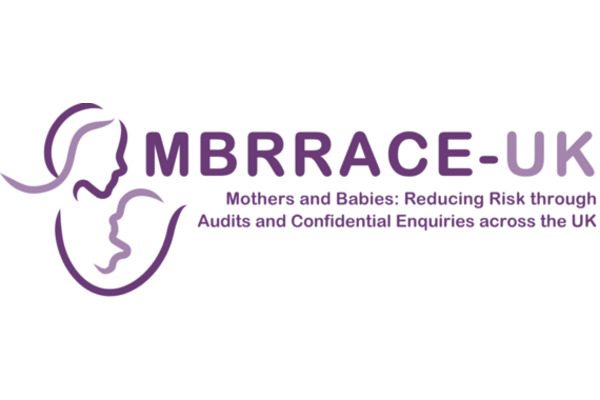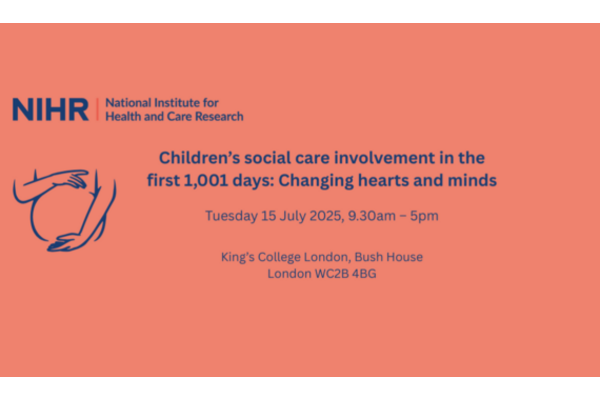Government on track to miss targets as latest MBRRACE report shows maternal death rates increasing and inequalities widening
Latest evidence from the MBRRACE-UK ‘Saving Lives, Improving Mothers’ Care’ report, published today (12 October 2023), shows stark inequalities have continued to widen as death rates have grown. Women living in the most deprived areas are now more than twice as likely to die during pregnancy and in the year after birth as women in the most affluent parts of the country. The Government had set itself the target of reducing maternal mortality by 50% between 2010 and 2025, but maternal deaths have in fact increased by 15% since 2009.
Responding to the findings, Birth Companions’ Director Naomi Delap said:
“It is truly shocking that, in one of the richest nations in the world, women in the most deprived parts of the country are more than twice as likely to die during pregnancy or the postnatal period as women in the more affluent areas.”
“We’re deeply concerned by these continued trends. This year’s report is based on data from before the cost-of-living crisis began to hit. We all know next year’s figures are likely to be considerably worse again”.
This year’s MBRRACE data also shows a continued rise in the number of women who are in contact with social care services when they die. This is the fourth consecutive increase, now up to 21%, from 12% in the 2012-14 report. In one of the cases documented, the mother is said to have found social care involvement “more threatening than helpful”, and the authors have drawn clear links between infant care proceedings and maternal deaths through suicide or substance misuse. They call for greater collaboration among those who design and commission services, to ensure better provision for women who have a baby removed, citing Birth Companions’ recently published Birth Charter for women with involvement from children’s social care.
Delap said:
“Thanks to the evidence in MBRRACE, the risks created by women’s fears of losing their baby to the care system, and the acute trauma of separation, are attracting more national attention, including specific reference in the Government’s Suicide Prevention Strategy. But there is so much that needs to be done. The idea of having your baby taken away is simply devastating, and care proceedings are often linked to domestic abuse, unmet mental health needs, or poverty. We shouldn’t be surprised that the number of women dying in these situations has gone up again – the rate of care proceedings for newborns and infants has risen exponentially since 2007. We urgently need a clear national policy, across health and social care, to make this a priority for all.”
Other inequalities have also persisted, despite repeated government commitments to reduce disparities. Women from Black ethnic backgrounds remain four times more likely to die compared to White women, and women from Asian ethnic backgrounds are twice as likely to die.
Many women’s deaths could have been prevented. The report found that improvements in care may have made a difference to the outcome in 52% of all maternal deaths. This is up from 38% in the last report.
Delap added:
“The MBRRACE figures are a symptom of years of austerity and its impact on our public services, which are in crisis. Professionals across health and social care – including GPs; children’s social care; health visiting; maternity; mental health; and domestic abuse services – are struggling to provide safe and effective care in the midst of huge pressures. They are unable to tackle the effects of worsening societal issues such as poverty, insecure housing, and hostile immigration policies on women’s health; yet they have to try to pick up the pieces. As a result, many women are falling through the cracks, with fatal results.
“We cannot turn the tide on these terrible statistics with ‘cost-neutral’ solutions, or by simply repeating the same recommendations again and again. We need real leadership in government to drive a radical shift in investment, training and innovation across all services, to ensure they are able to meet each woman’s needs, no matter how complex”.
Birth Companions is a charity focused on improving care for pregnant women and mothers of infants experiencing disadvantage and inequality.
For further information or to arrange interviews please contact Katherine Miller Brunton.





